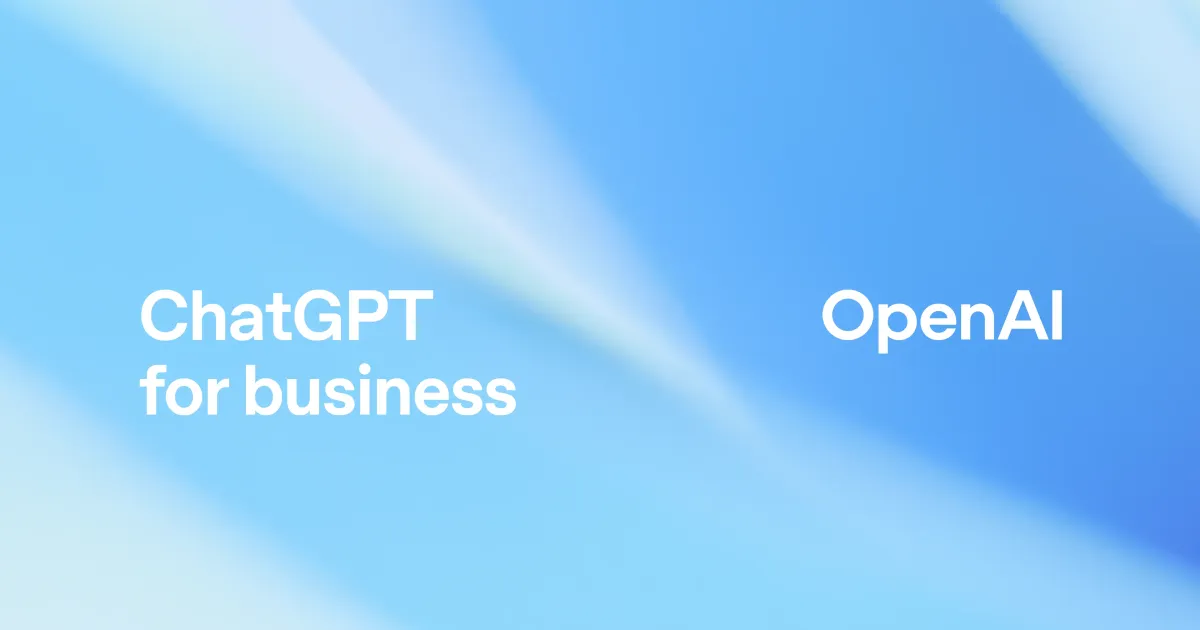ChatGPT adds cloud integrations, meeting transcriptions, and research tools

OpenAI is rolling out a suite of powerful new features aimed squarely at business users of ChatGPT, bolstering its utility as an enterprise productivity platform. These enhancements include integrations with major cloud storage services, advanced meeting transcription, and expanded support for deep research tools—all part of the company’s push to entrench ChatGPT further into the fabric of modern workspaces.
Seamless Integration with Cloud Platforms
One of the most impactful updates is the addition of connectors for popular file storage services like Dropbox, Box, SharePoint, OneDrive, and Google Drive. These allow ChatGPT to search across a user’s cloud files to provide contextual, content-rich answers. For example, an analyst could feed in documents and presentation decks from these services to craft a comprehensive investment thesis or strategy memo.
Crucially, these integrations respect existing organizational access controls, ensuring that sensitive data remains protected and only accessible to authorized users.
Smarter Meeting Transcripts with Actionable Insights
ChatGPT now includes a meeting recording and transcription feature—bringing it in line with other productivity tools like Zoom, ClickUp, and Notion. This function automatically generates time-stamped notes, extracts key points, and even suggests next steps. Users can query meeting transcripts just as they would any other connected document, turning chaotic discussions into structured, searchable knowledge.
While OpenAI’s Canvas tool continues to support writing and coding workflows, users can now convert meeting action items directly into Canvas documents—streamlining post-meeting execution.
Deep Research Capabilities with New Connectors
For teams involved in intensive analysis or reporting, OpenAI is introducing deep research connectors that link ChatGPT to tools like HubSpot, Linear, and select Microsoft and Google services. These features, currently in beta, empower users to generate detailed research documents by pulling insights from internal tools and public web data.
Paid users can also take advantage of Model Context Protocol (MCP) support. MCP enables deeper integration with third-party systems, allowing Pro, Team, and Enterprise users to embed ChatGPT more tightly into their research and analysis workflows.
A Growing Enterprise User Base
This feature expansion reflects OpenAI’s intent to make ChatGPT a cornerstone of the AI-powered workplace. With over 3 million companies now using its enterprise offerings—up from 2 million just a few months ago—the company is outpacing smaller AI productivity startups such as Notion and Context. By continuing to innovate and integrate, OpenAI maintains a strong lead in the race to define the future of work.
As competition in the AI productivity space intensifies, OpenAI is clearly signaling that it’s not just building a chatbot—it's building the next-generation enterprise assistant.





